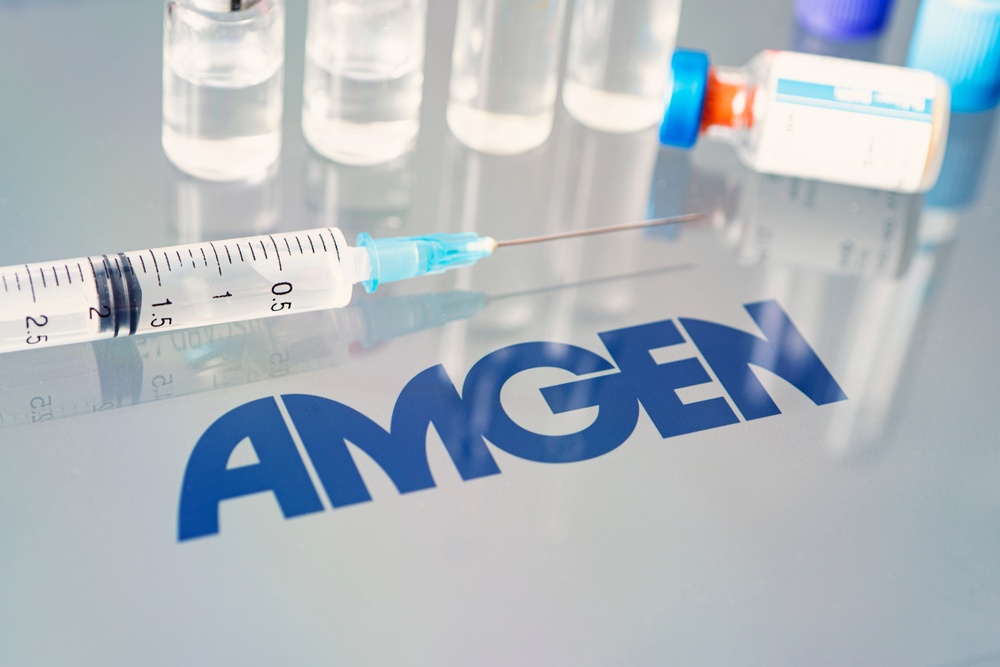Amgen Biotech new weight-loss drug MariTide
Amgen Biotech has adopted a series of new strategies for the weight loss drugs market to compete with industry giants such as Novo Nordisk and Eli Lilly.

Amgen (AMGN) has adopted a series of new strategies to compete with industry giants such as Novo Nordisk (NVO) and Eli Lilly (LLY) in the burgeoning weight-loss drug market.
Amgen is developing an injectable drug called MariTide, which has a mechanism of action different from currently marketed weight-loss drugs by Novo Nordisk and Eli Lilly. Additionally, it is continuously researching other related obesity medications that may help patients maintain weight loss even after discontinuation.
Furthermore, Amgen plans to reduce the dosing frequency of the new drug to monthly or even less, distinguishing it from products currently on the market that require weekly dosing, thus providing greater convenience to patients.
Despite Novo Nordisk, Eli Lilly, and other companies holding dominant positions, Amgen is confident in gaining a competitive edge in this thriving weight-loss drug sector. The market size is expected to reach $100 billion by the end of the century, leaving significant room for latecomers. Goldman Sachs estimates that by 2028, between 10 to 70 million Americans will be using weight-loss drugs.
While Amgen's injectable drug has shown promising results in early clinical trials, the data is still limited due to small-scale experiments. Investors and health experts expect Amgen to release preliminary data from mid-term trials of MariTide later this year, along with phase one data of its oral medication and other obesity pill candidates, which will provide a clearer assessment of Amgen's prospects.
It remains uncertain whether Amgen's products will be more cost-effective than existing weight-loss drugs. For instance, Novo Nordisk's Wegovy and Eli Lilly's Zepbound cost around $1,000 per month.
Similar to Wegovy and Zepbound, Amgen's new drug also activates the GLP-1 intestinal hormone receptor to help regulate appetite. However, Amgen's drug will block the action of GIP, while Zepbound can activate a second hormone receptor, GIP, simultaneously. This unique mechanism of action by Amgen may lead to more sustainable weight loss outcomes.
Moreover, Amgen plans to reduce the dosing frequency of the drug to once a month, unlike products currently on the market that require weekly dosing. Research suggests that even with reduced dosing frequency, Amgen's new drug may be more effective in helping patients maintain weight loss compared to other competitors.
Further answers regarding the drug's performance will be provided by the ongoing phase two trials conducted by Amgen. Preliminary results from these trials are expected to be announced by the end of this year, providing a clearer understanding of Amgen's competitive advantages over existing drugs in terms of dosing frequency, weight-loss effects, and other factors.
Disclaimer: The views in this article are from the original Creator and do not represent the views or position of Hawk Insight. The content of the article is for reference, communication and learning only, and does not constitute investment advice. If it involves copyright issues, please contact us for deletion.